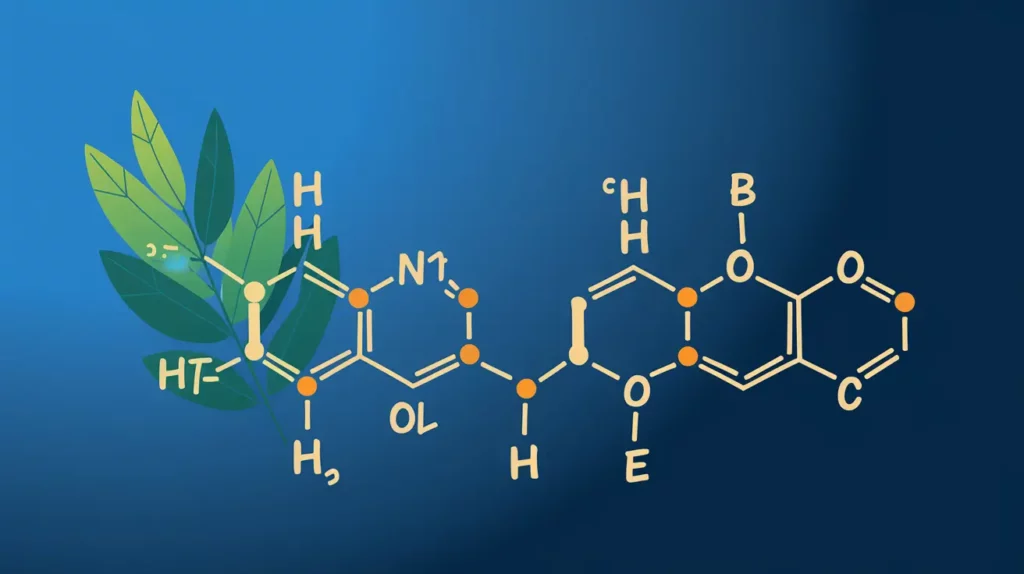Image taken from Freepik
Singapore, a bustling metropolis, is no stranger to the challenges of urbanization and the quest for a cleaner, more sustainable future. The need for sustainable fuels is more pressing than ever.
This article explores renewable diesel as a cleaner choice for Singapore’s future, drawing insights from a valuable source – the Renewable Diesel Handbook.
Renewable Diesel vs. Biodiesel
To understand the significance of renewable diesel, we must first differentiate it from biodiesel. While both are sustainable fuel alternatives, they have notable differences. Renewable diesel is produced from various feedstocks, including animal fats, cooking oils, and even algae. In contrast, biodiesel is primarily made from vegetable oils and animal fats.
The production process also varies, with renewable diesel often involving hydrotreating, making it chemically closer to petroleum diesel. Understanding these differences is crucial when assessing their environmental impact.
Benefits of Renewable Diesel
Renewable diesel carries a host of environmental advantages. It significantly reduces carbon emissions compared to fossil diesel, making it a greener alternative. This reduction in emissions contributes to improved air quality, a critical concern in Singapore. Reduced emissions of particulate matter, nitrogen oxides, and carbon monoxide align with Singapore’s goals for a cleaner, healthier environment.
Singapore’s Role
Singapore plays a vital role in the adoption and promotion of renewable diesel. As a global hub for trade and industry, it can serve as a beacon for sustainable practices. By embracing renewable diesel, Singapore demonstrates its commitment to reducing carbon footprints and contributing to a more eco-friendly world. The city-state’s strategic location in Southeast Asia positions it as a leader in sustainable energy adoption.
Hydrotreated Vegetable Oil (HVO)
Hydrotreated Vegetable Oil (HVO) is a key component of renewable diesel. It is a versatile feedstock that can be derived from various sources, including plant oils and animal fats. HVO undergoes a refining process called hydrotreating, which removes impurities and creates a high-quality, drop-in replacement for traditional diesel. Singapore’s industries can benefit from the use of HVO in renewable diesel, supporting cleaner fuel initiatives.

Sustainability Initiatives
Sustainability is at the core of Singapore’s green energy goals. The city-state is committed to reducing its carbon footprint and embracing renewable energy sources. Renewable diesel aligns seamlessly with these objectives. By adopting renewable diesel, Singapore contributes to sustainability on multiple fronts, from reducing emissions to efficient resource utilization. As a leader in sustainability initiatives, Singapore sets an example for other nations and industries.
To usher in a cleaner, more sustainable future, Singapore and its industries can take proactive steps. Explore the possibilities of integrating renewable diesel into your operations. Consider the environmental benefits, reduced emissions, and alignment with Singapore’s sustainability goals. By choosing renewable diesel, you actively participate in building a cleaner future for Singapore.
To learn more about the adoption of renewable diesel and sustainable practices, visit Interion. Together, we can make Singapore a beacon of sustainability and environmental stewardship.


